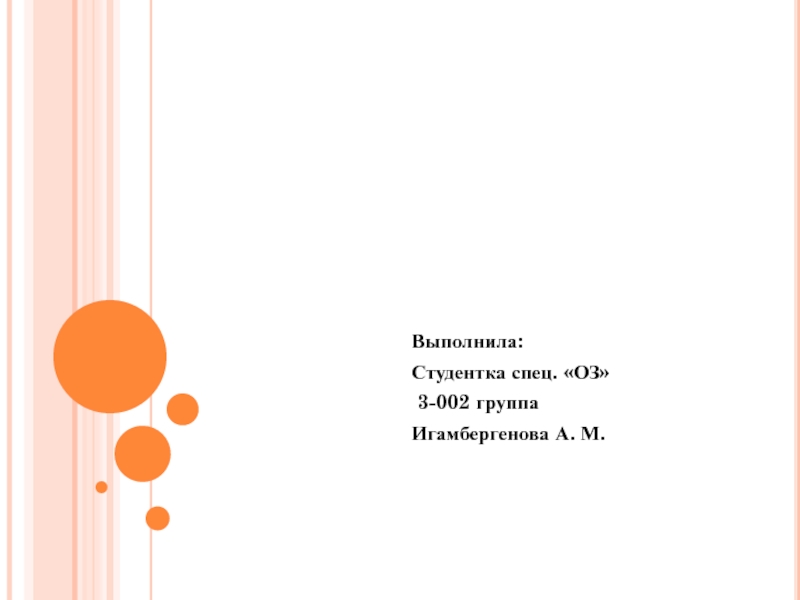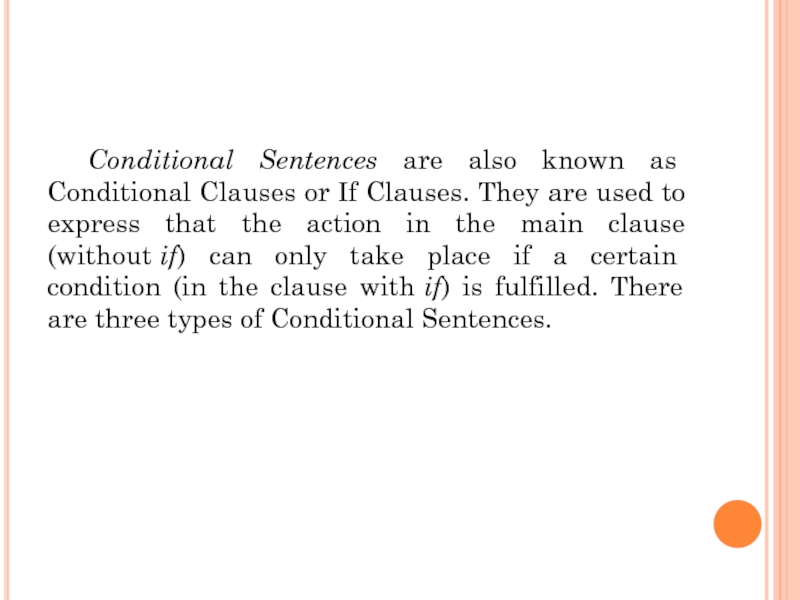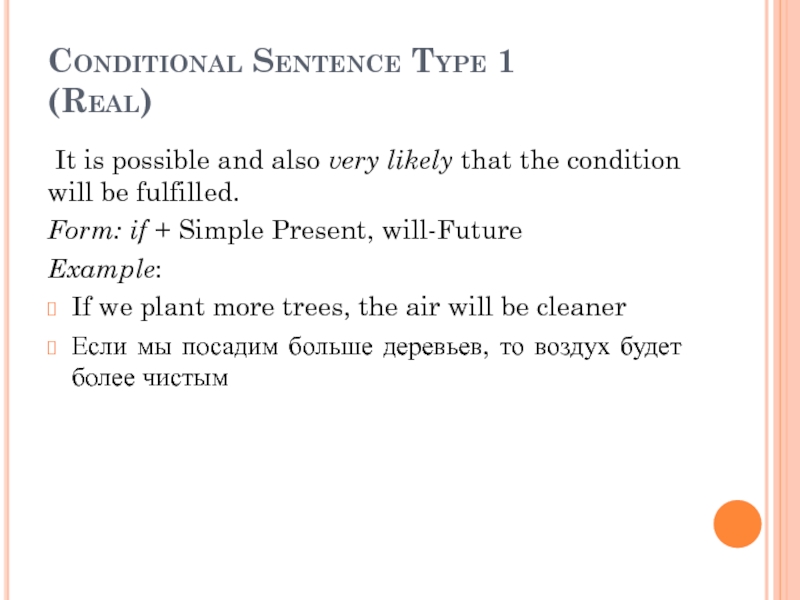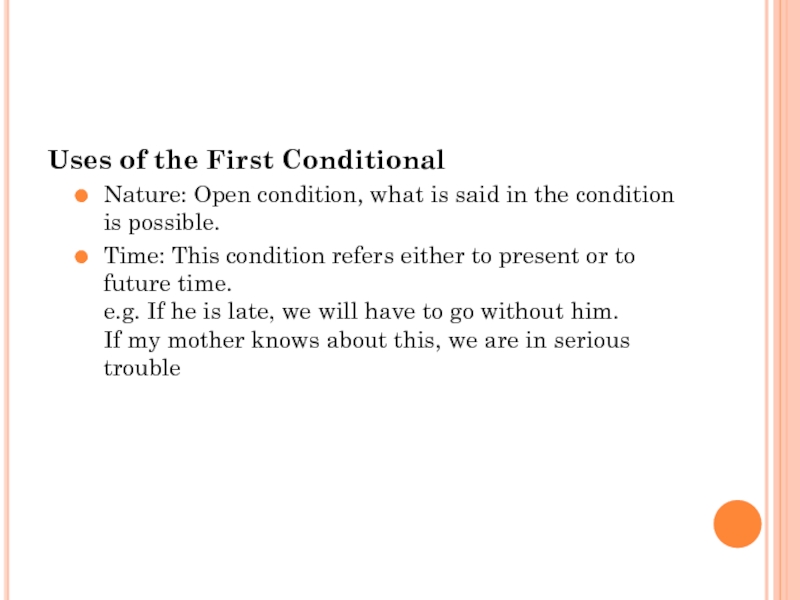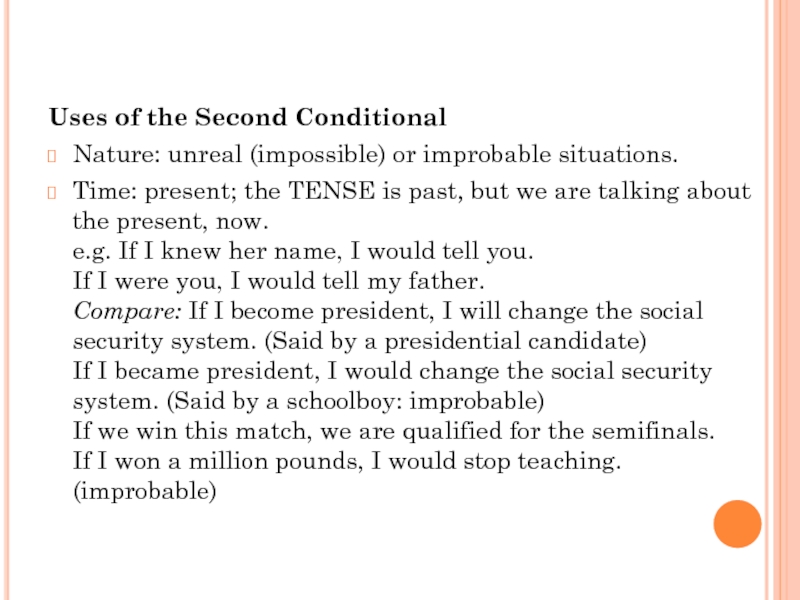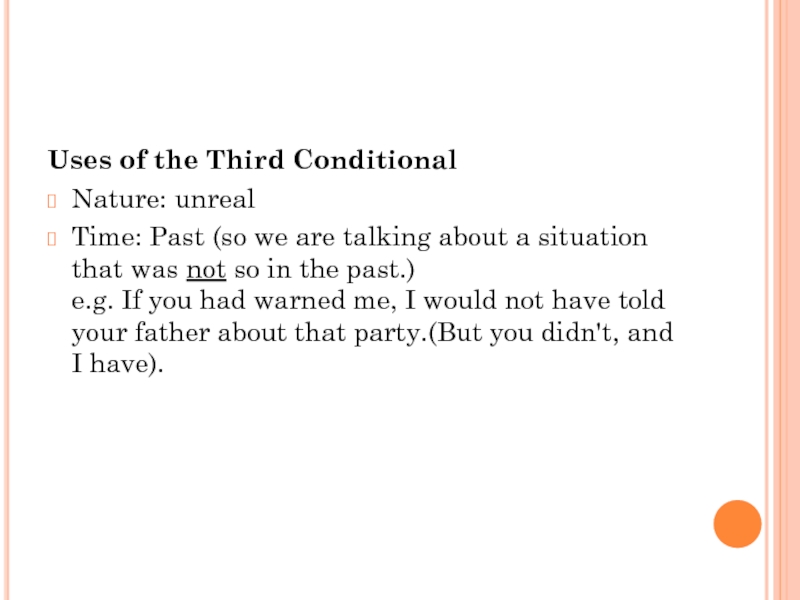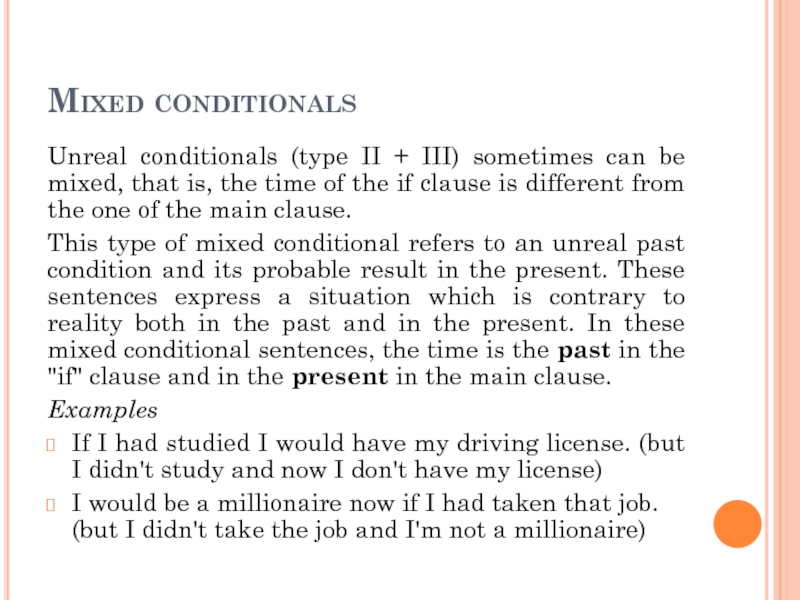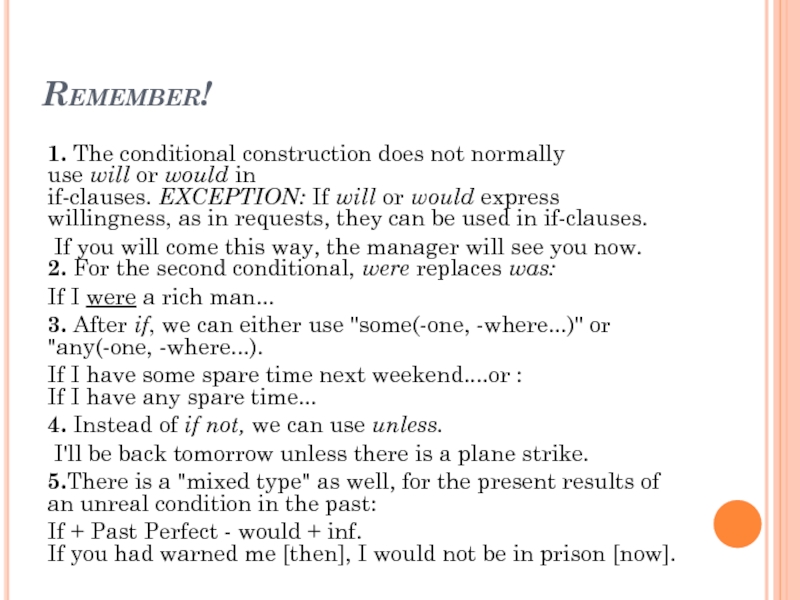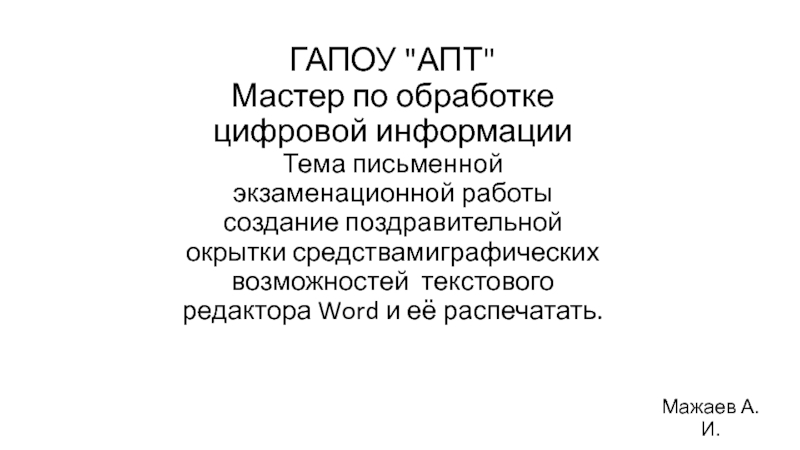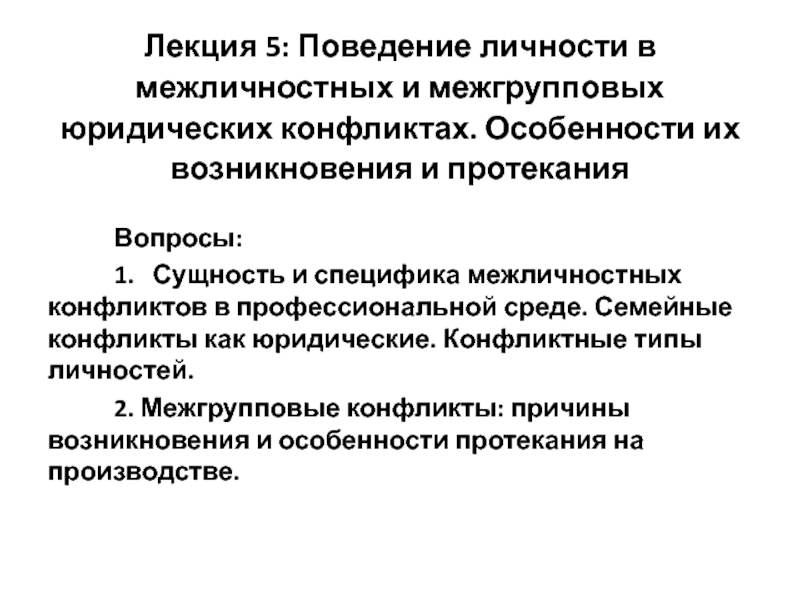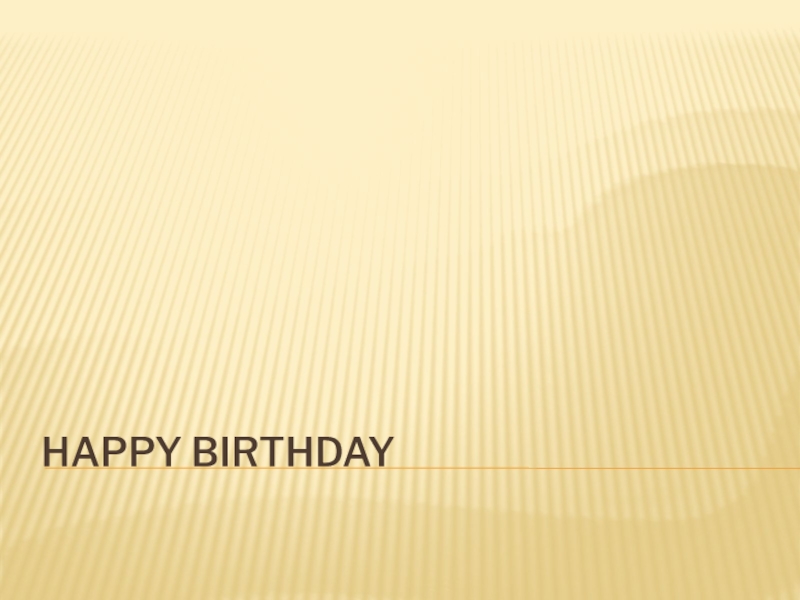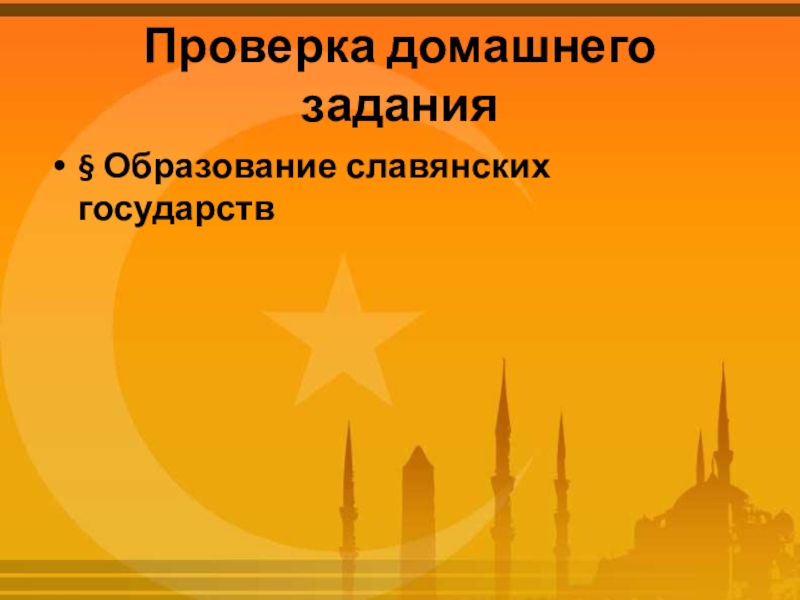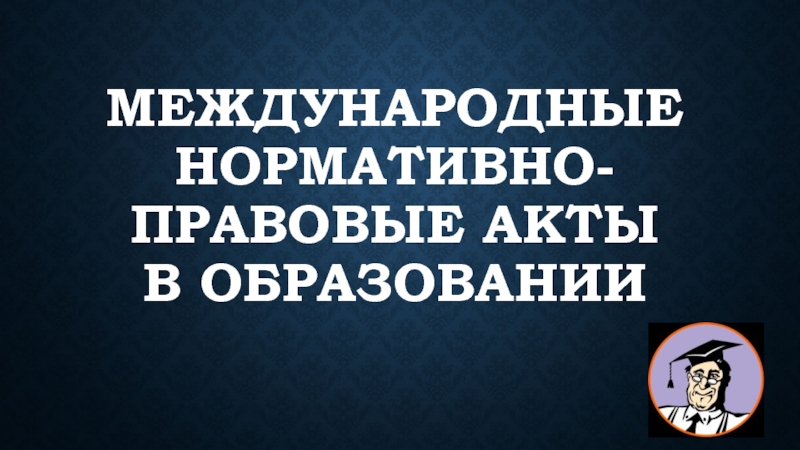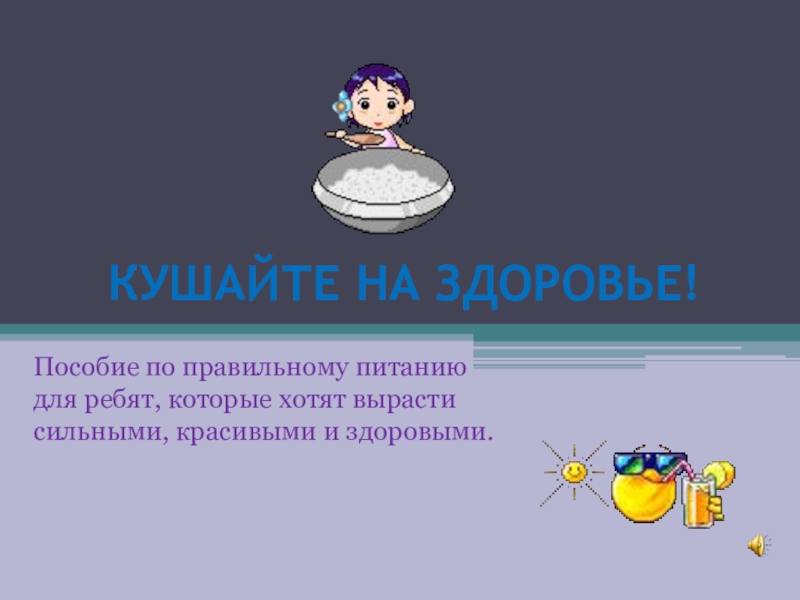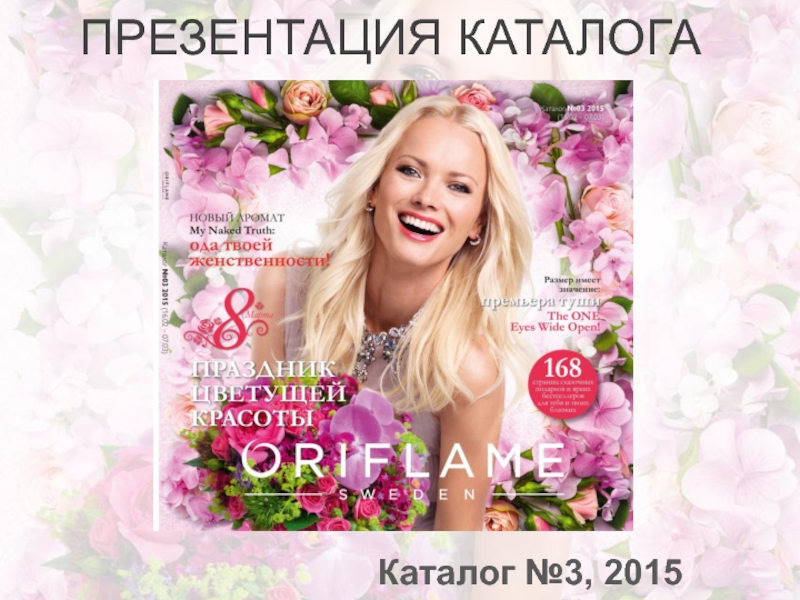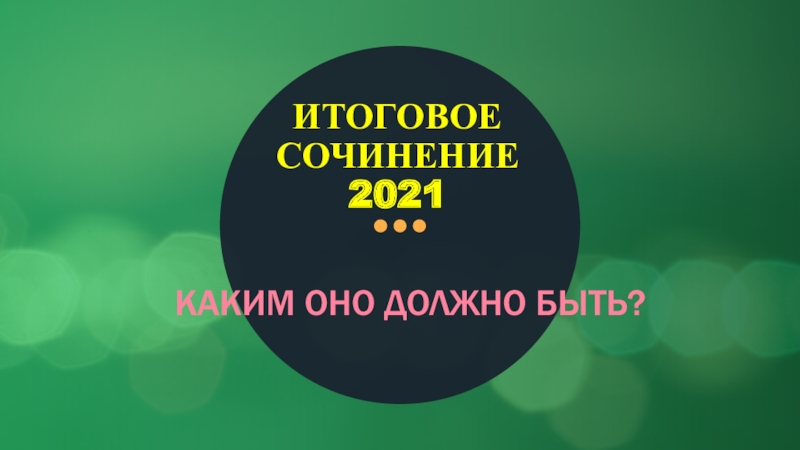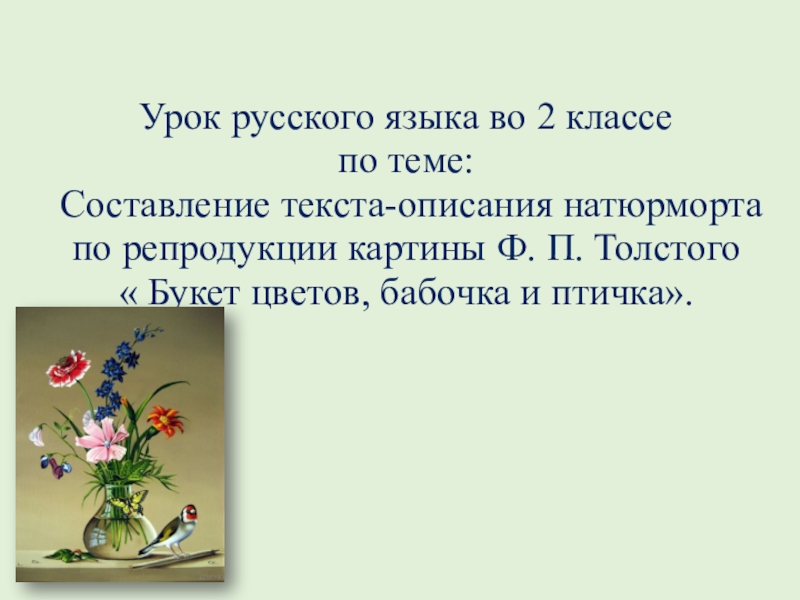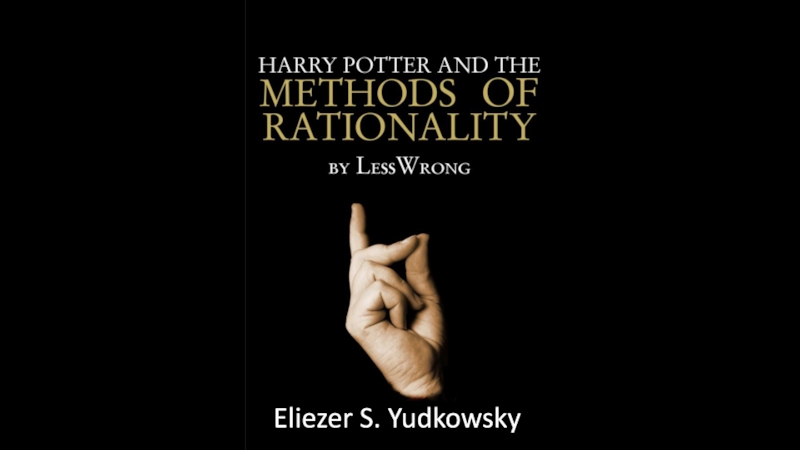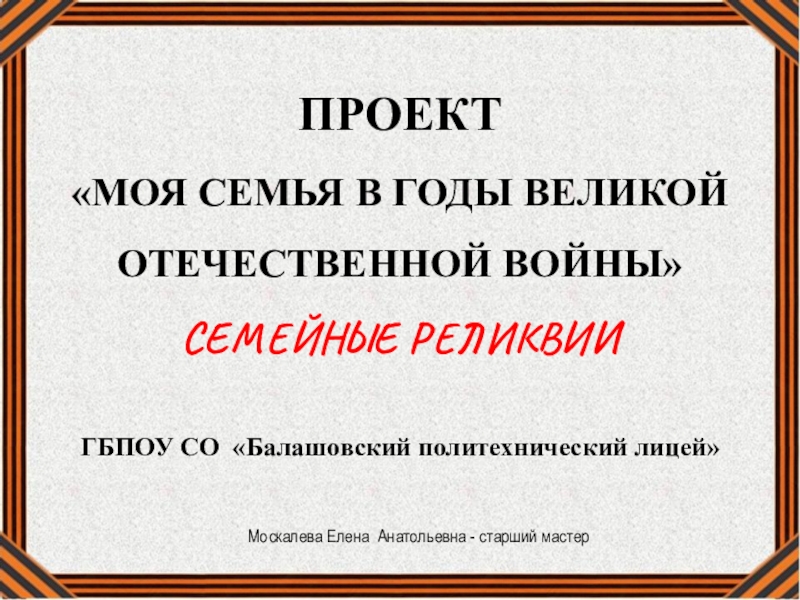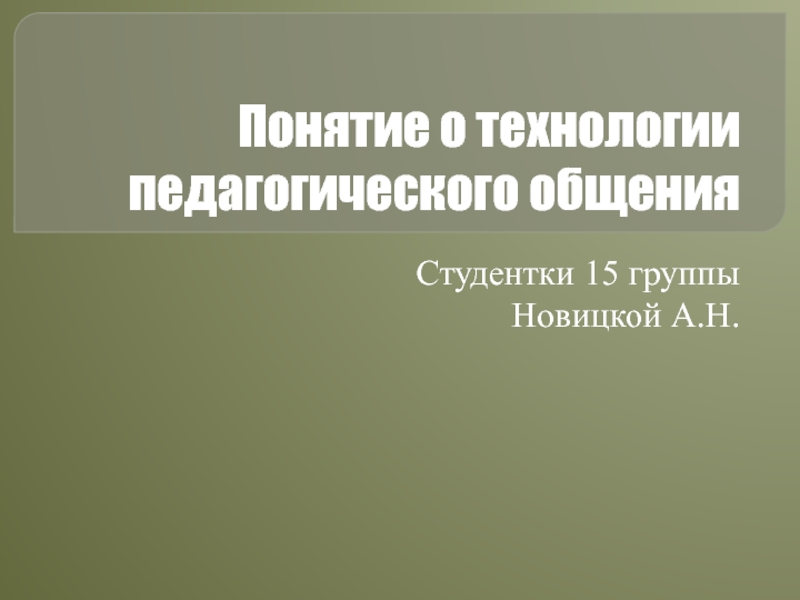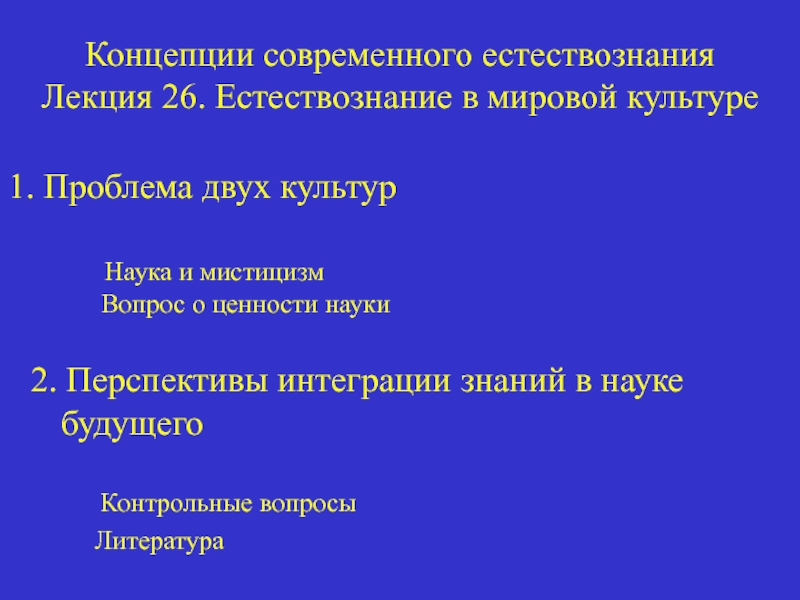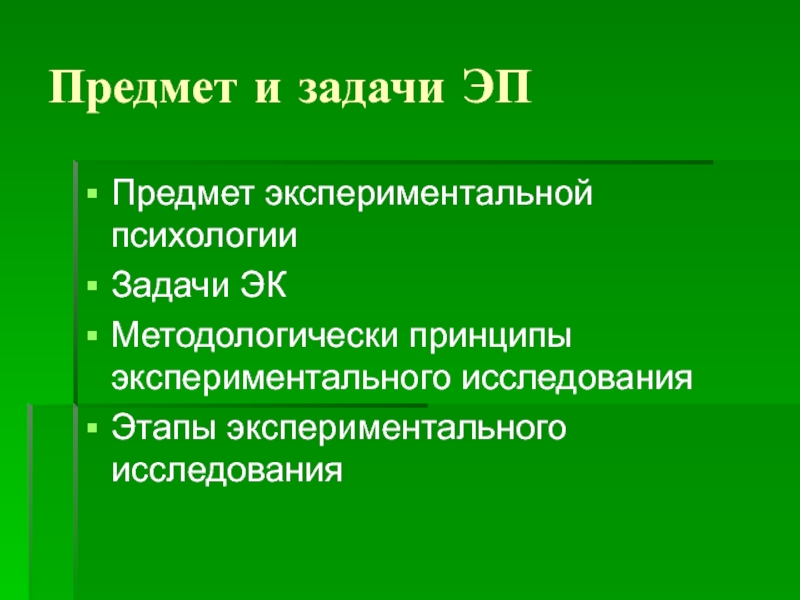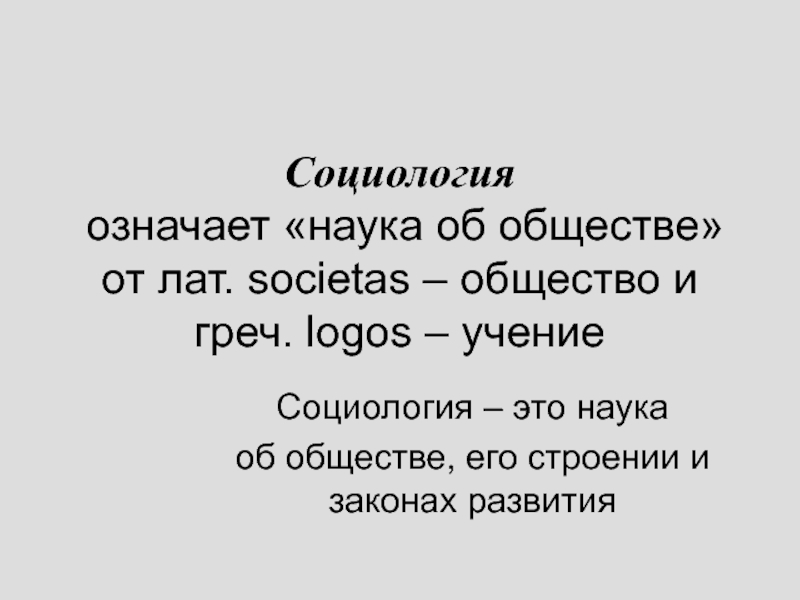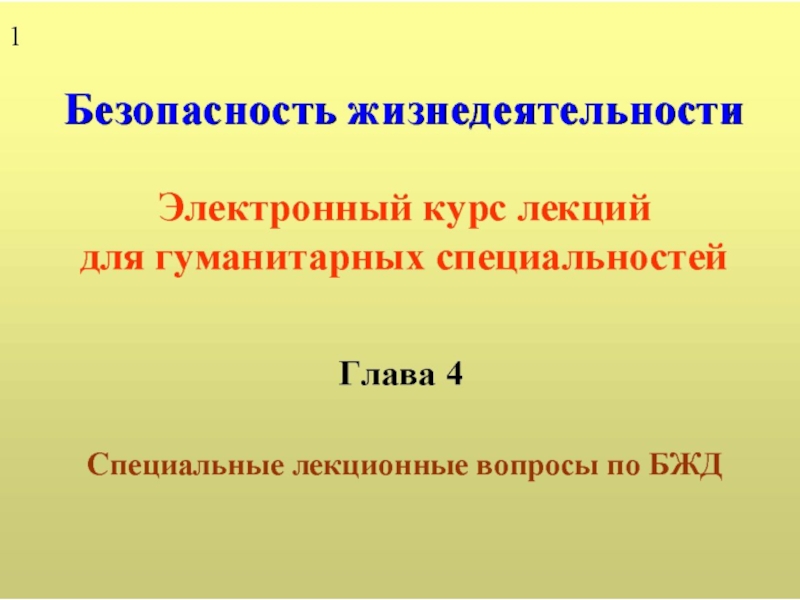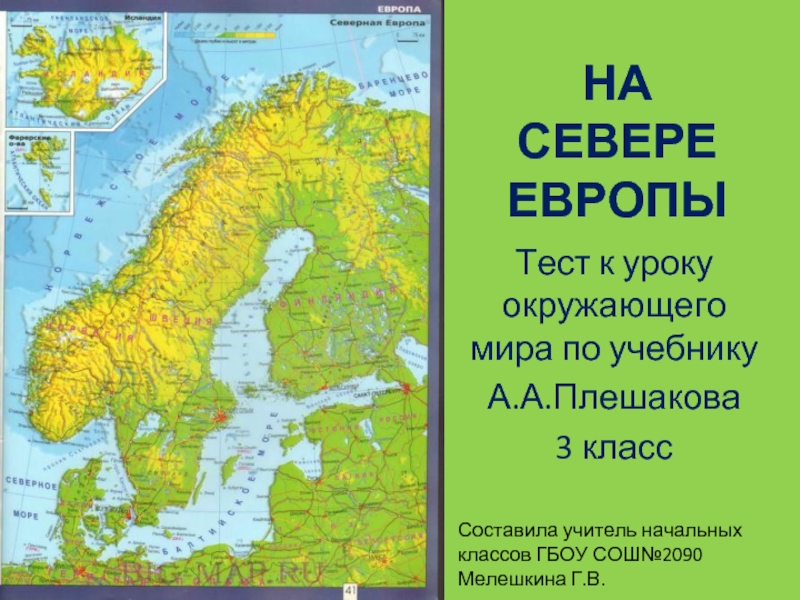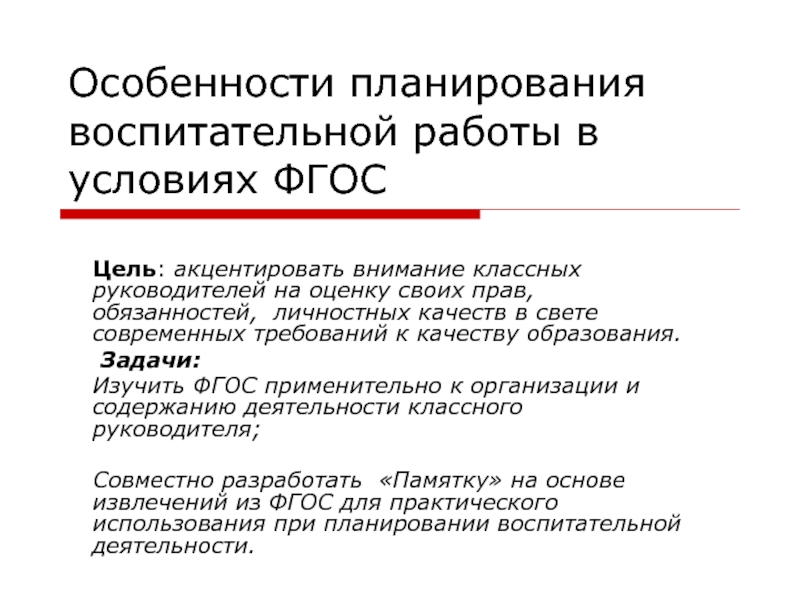Разделы презентаций
- Разное
- Английский язык
- Астрономия
- Алгебра
- Биология
- География
- Геометрия
- Детские презентации
- Информатика
- История
- Литература
- Математика
- Медицина
- Менеджмент
- Музыка
- МХК
- Немецкий язык
- ОБЖ
- Обществознание
- Окружающий мир
- Педагогика
- Русский язык
- Технология
- Физика
- Философия
- Химия
- Шаблоны, картинки для презентаций
- Экология
- Экономика
- Юриспруденция
Выполнила: Студентка спец. ОЗ 3-002 группа Игамбергенова А. М. Conditional
Содержание
- 1. Выполнила: Студентка спец. ОЗ 3-002 группа Игамбергенова А. М. Conditional
- 2. Conditional Sentences are also known as Conditional
- 3. Conditional Sentence Type 1 (Real) It is possible
- 4. Uses of the First ConditionalNature: Open condition,
- 5. Conditional Sentence Type 2 (1st Unreal)It is
- 6. Uses of the Second ConditionalNature: unreal (impossible)
- 7. Conditional Sentence Type 3 (2nd Unreal)It is impossible that
- 8. Uses of the Third ConditionalNature: unrealTime: Past
- 9. Mixed conditionalsUnreal conditionals (type II + III)
- 10. Remember!1. The conditional construction does not normally use will or would in
- 11. Скачать презентанцию
Conditional Sentences are also known as Conditional Clauses or If Clauses. They are used to express that the action in the main clause (without if) can only take place if a certain
Слайды и текст этой презентации
Слайд 3Conditional Sentence Type 1
(Real)
It is possible and also very likely that the
condition will be fulfilled.
Form: if + Simple Present, will-Future
Example:
If we plant more trees, the
air will be cleanerЕсли мы посадим больше деревьев, то воздух будет более чистым
Слайд 4Uses of the First Conditional
Nature: Open condition, what is said
in the condition is possible.
Time: This condition refers either to
present or to future time.
e.g. If he is late, we will have to go without him.
If my mother knows about this, we are in serious troubleСлайд 5Conditional Sentence Type 2
(1st Unreal)
It is possible but very unlikely, that
the condition will be fulfilled.
Form: if + Past Simple, would + Infinitive
Example:
If
the roads were wider and less crowded, the air pollution could be cleaned up more easily.Если дороги будут шире и менее заполненными, то очистить загрязнения воздуха будет легче.
Слайд 6Uses of the Second Conditional
Nature: unreal (impossible) or improbable situations.
Time:
present; the TENSE is past, but we are talking about
the present, now. e.g. If I knew her name, I would tell you. If I were you, I would tell my father. Compare: If I become president, I will change the social security system. (Said by a presidential candidate) If I became president, I would change the social security system. (Said by a schoolboy: improbable) If we win this match, we are qualified for the semifinals. If I won a million pounds, I would stop teaching. (improbable)Слайд 7Conditional Sentence Type 3
(2nd Unreal)
It is impossible that the condition will be
fulfilled because it refers to the past.
Form: if + Past Perfect, would + have
+ Participle IIExample:
The automobile is one of the biggest causes of air pollution. If people had used car less, the cities would have no smog.
Автомобили – одно из главных причин загрязнения воздуха. Если бы люди меньше пользовались машинами, то тогда в городах не было бы смога.
Слайд 8Uses of the Third Conditional
Nature: unreal
Time: Past (so we are
talking about a situation that was not so in the past.) e.g. If
you had warned me, I would not have told your father about that party.(But you didn't, and I have).Слайд 9Mixed conditionals
Unreal conditionals (type II + III) sometimes can be
mixed, that is, the time of the if clause is
different from the one of the main clause.This type of mixed conditional refers to an unreal past condition and its probable result in the present. These sentences express a situation which is contrary to reality both in the past and in the present. In these mixed conditional sentences, the time is the past in the "if" clause and in the present in the main clause.
Examples
If I had studied I would have my driving license. (but I didn't study and now I don't have my license)
I would be a millionaire now if I had taken that job. (but I didn't take the job and I'm not a millionaire)
Слайд 10Remember!
1. The conditional construction does not normally use will or would in if-clauses. EXCEPTION: If will or would express willingness, as
in requests, they can be used in if-clauses.
If you
will come this way, the manager will see you now.
2. For the second conditional, were replaces was:If I were a rich man...
3. After if, we can either use "some(-one, -where...)" or "any(-one, -where...).
If I have some spare time next weekend....or : If I have any spare time...
4. Instead of if not, we can use unless.
I'll be back tomorrow unless there is a plane strike.
5.There is a "mixed type" as well, for the present results of an unreal condition in the past:
If + Past Perfect - would + inf. If you had warned me [then], I would not be in prison [now].
